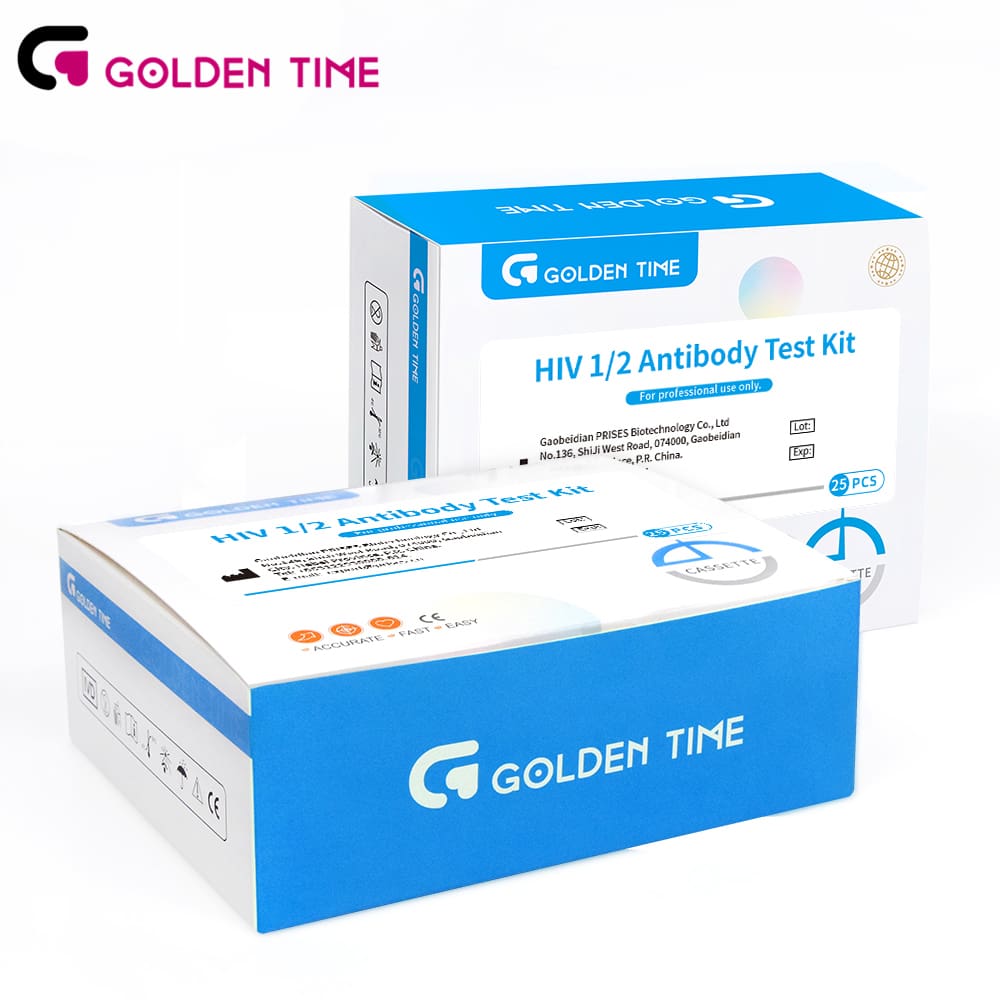Dec . 05, 2024 03:43 Back to list
Optimal Strategies for Fecal Occult Blood Testing and Screening Efficacy
Understanding the Best FOBT Test for Colorectal Cancer Screening
Colorectal cancer is one of the leading causes of cancer-related deaths worldwide. Early detection through effective screening methods can significantly enhance survival rates. One of the most accessible and widely recommended screening tools for colorectal cancer is the Fecal Occult Blood Test (FOBT). This article delves into the best practices surrounding the FOBT test, its importance, and how to ensure accurate results.
What is the FOBT?
The Fecal Occult Blood Test is a non-invasive procedure that detects hidden blood in the stool. Blood in the stool can be an early sign of colorectal cancer or precancerous polyps. FOBT works by analyzing a stool sample for the presence of hemoglobin, a protein found in red blood cells. There are two primary types of FOBTs guaiac-based (gFOBT) and immunochemical (iFOBT or FIT). The immunochemical test is generally considered superior due to its higher sensitivity and specificity for detecting blood from the lower intestines, making it favorable for screening purposes.
Importance of FOBT Testing
Regular screening for colorectal cancer can lead to early detection, allowing for more effective treatment options. The American Cancer Society recommends that individuals at average risk begin screening at age 45. FOBT tests can be done annually and provide a cost-effective means for early detection. The convenience of home testing allows individuals to participate in screening without the need for invasive procedures.
How to Conduct the FOBT
1. Preparation Before taking the test, it's important to avoid certain foods and medications that may affect results. For guaiac-based tests, individuals should refrain from consuming red meat, certain fruits and vegetables, and aspirin or nonsteroidal anti-inflammatory drugs (NSAIDs) for a few days prior to testing. Immunochemical tests typically do not require dietary restrictions.
best fobt test

2. Sample Collection The test kit usually contains a stool collection device and detailed instructions. It's crucial to follow these instructions carefully to ensure accurate results. Collect samples from different areas of the stool to provide a comprehensive analysis.
3. Sending the Sample After collection, samples should be sent to a laboratory as soon as possible, following the guidelines provided in the test kit. Delayed processing can lead to false negatives.
4. Interpreting Results A positive FOBT result indicates the presence of blood and warrants further examination, such as a colonoscopy. It’s essential to have a healthcare provider discuss the results and recommend next steps.
Limitations of FOBT
While the FOBT is highly beneficial, it is not without limitations. False positives can occur, leading to unnecessary stress and additional testing. Conversely, false negatives may provide a false sense of security. Therefore, it's essential to complement FOBT with other screening methods when necessary, including colonoscopy, particularly if there are risk factors or symptoms present.
Conclusion
In summary, the FOBT is a vital tool in the fight against colorectal cancer, making screening accessible and straightforward for many individuals. It is essential to understand how to properly conduct the test and interpret the results. Regular screenings and open communication with healthcare providers are essential components of maintaining optimal colorectal health. By prioritizing these screenings, individuals can take proactive steps towards early detection and improved outcomes in colorectal cancer prevention.
-
Rapid BZO Test Kit - Fast & Accurate Benzodiazepines Detection
NewsAug.04,2025
-
China Nylon Flocking Swabs - AI Enhanced Quality Collectors
NewsAug.03,2025
-
Highly Accurate hCG Pregnancy Test Strips - 5 Min Results
NewsAug.02,2025
-
Premium Empty ABS Plastic Cassettes: Durable & Lightweight Storage
NewsAug.01,2025
-
Accurate Cocaine (Coc) Rapid Test Kit | Fast & Reliable Detection
NewsJul.31,2025
-
Accurate HCG Pregnancy Test Strips | Fast Home Use Kit
NewsJul.31,2025

